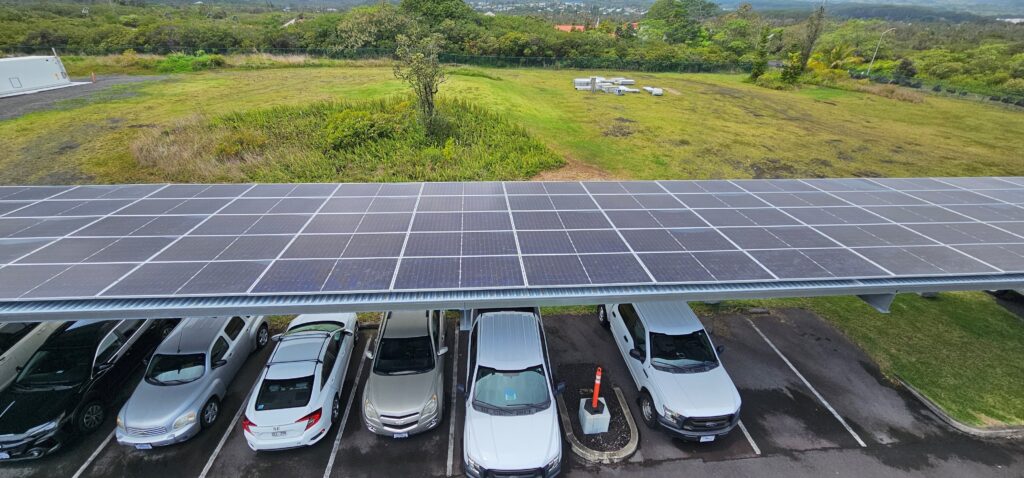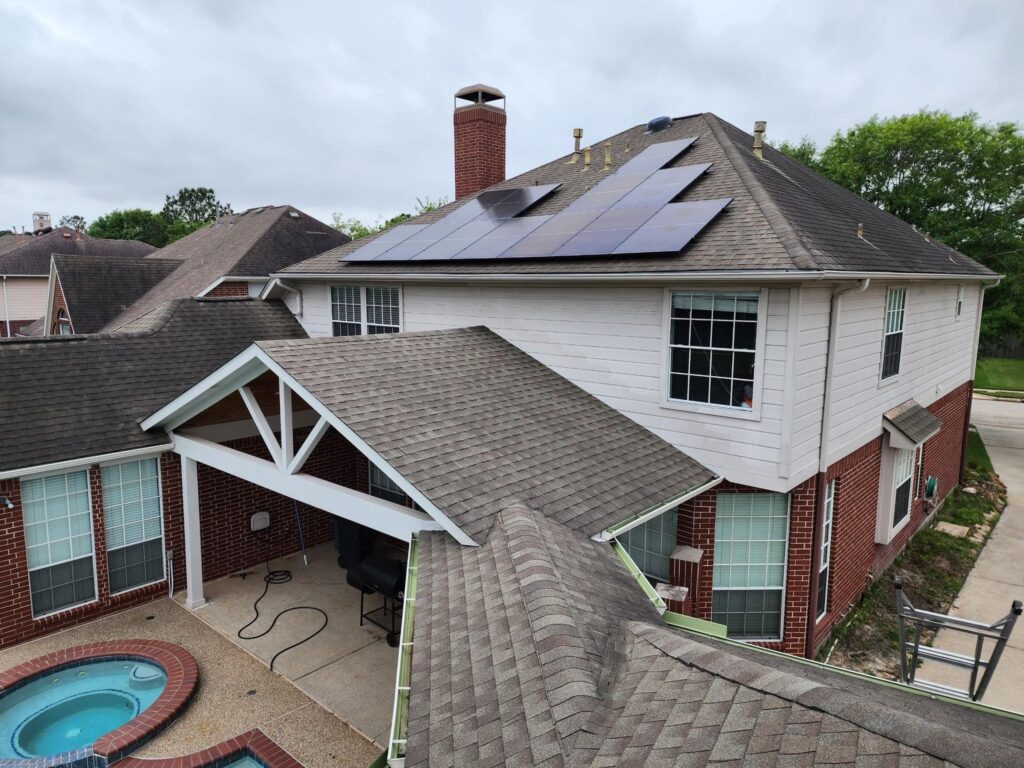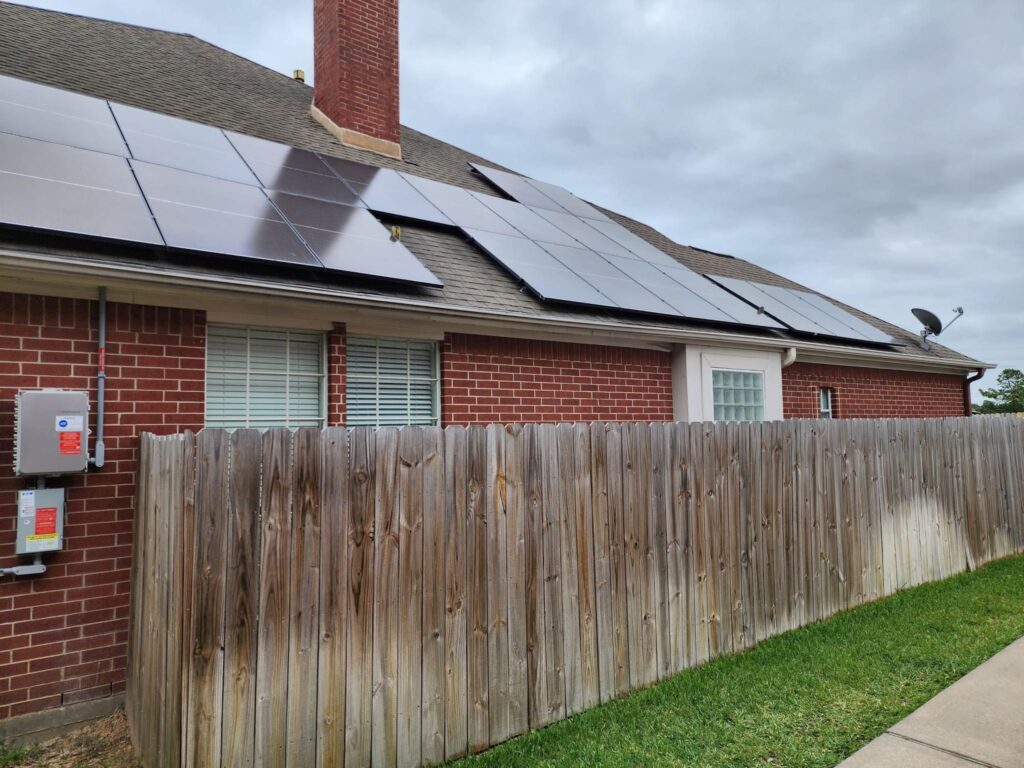Solar Energy: What Is Solar Energy?
Understanding the importance of solar energy is crucial because it offers a sustainable, clean alternative to fossil fuels, helping to combat climate change and reduce our environmental impact.

What Exactly Is Solar Energy?
Solar energy, by definition, is radiant light and heat from the Sun that is harnessed using a range of technologies such as solar power to generate electricity, solar thermal energy and solar architecture.
The sun provides an endless supply of energy, unlike finite fossil fuels, making solar power a plentiful resource; effectively harnessing it can greatly lessen our reliance on non-renewable sources and promote a cleaner, more sustainable future.

Passive vs. Active Solar Energy
In this section we will breakdown passive vs. active solar energy.
What Is Passive Solar Energy?
As the sun shines through south-facing windows, heat is retained and stored, also known as thermal mass. This creates a passive solar home because we are taking advantage of direct sunlight instead of external sources. A well-designed passive solar home ensures plenty of natural light and comfort in the summer by using cool nighttime air.
South-Facing Windows: Windows facing within 30 degrees of true south can help reduce heating costs in the winter if they’re not shaded. In summer, shading these windows can prevent overheating.
Building Materials: Masonry adds strength and insulation to a home. Proper finishing work, like insulation and air sealing, improves efficiency and comfort.
Design: Architectural design isn’t just for looks; it affects function and durability. Smart landscaping and well-sized overhangs can keep your home cooler in summer and enhance overall efficiency.
What Is Active Solar Energy?
Active Solar Energy uses devices like photovoltaic (PV) panels to convert sunlight into electricity. These panels generate power for homes, businesses, and communities, and excess electricity can often be sold back to the grid, offering potential income and reducing fossil fuel use.

What Is Renewable Energy?
Naturally replenished resources like the sun, tides, and wind provide unlimited renewable energy. Renewable energy is used for electricity generation, space and water heating and cooling, and even transportation.
How Does Renewable Energy Work?
Renewable energy now accounts for over 20% of all U.S. electricity, and this share continues to rise. Renewable energy sources like biomass, geothermal heat, sunlight, water, and wind are natural resources that can be transformed into various forms of clean, usable energy.
Renewable energy provides many benefits, including:
- Lower carbon emissions and air pollution
- A more reliable and secure power grid
- Job creation in renewable energy production and manufacturing
- Greater energy independence for the U.S.
- Reduced energy costs
- Better energy access for remote and isolated communities
More in-depth benefits of renewable energy include:
Environmental Sustainability: Renewable energy greatly reduces environmental impact. Unlike fossil fuels, sources like solar panels don’t emit greenhouse gases, helping to reduce air pollution and fight climate change. Though producing solar panels requires some resources, they generate far more energy over their lifetime than it takes to make them.
Energy Reliability: Using renewable energy boosts national energy security by lessening dependence on fossil fuels and stabilizing the energy supply against geopolitical disruptions.
Economic Benefits: Investing in renewable energy technologies drives innovation, creates jobs, and supports local economies.
Cost-Effectiveness: Advances in renewable technology make it increasingly affordable compared to non-renewable options, leading to long-term savings for consumers.

Why Solar Energy Matters for Our Future
Solar energy is crucial for reducing carbon emissions and achieving global climate goals. Many countries aim to cut emissions by 45% by 2030 and reach net-zero by 2050. Solar energy, with its abundant and inexhaustible supply, plays a key role in this transition.
The sun provides more energy in one hour than the world uses in a year. Solar power is clean, producing no greenhouse gases or pollutants, which helps lower our carbon footprint and creates a healthier environment.
Solar panels offer homeowners increased energy independence by generating power locally, reducing reliance on centralized grids. Additionally, the solar industry is growing rapidly, creating jobs in manufacturing, installation, and maintenance, while decreasing costs make solar energy more accessible and economically beneficial.
For more information on solar energy, or to receive a free solar quote, go to our “Contact Us” tab.
Sources:





